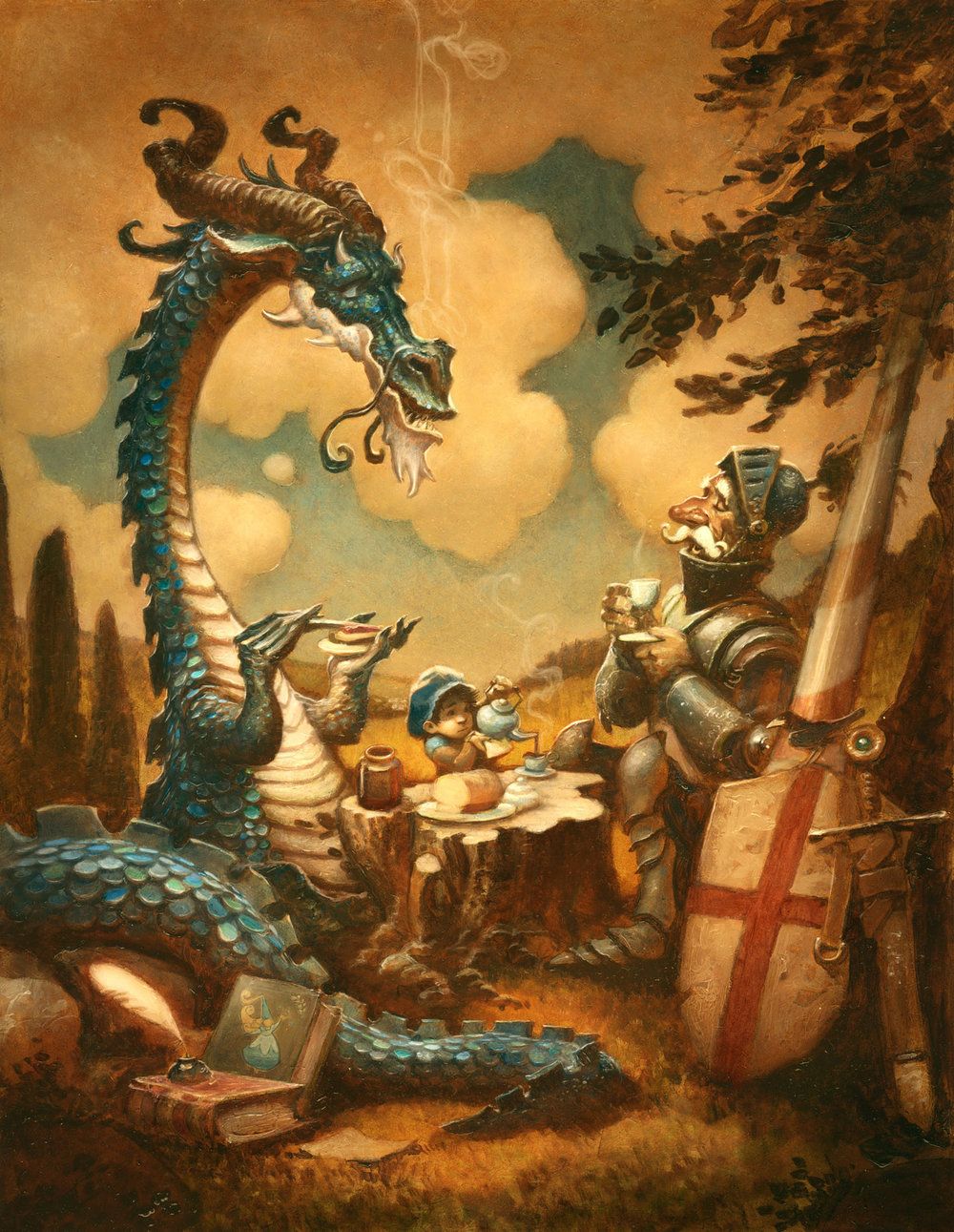Difference between revisions of "Parley & Negotiation"
Tao alexis (talk | contribs) |
Tao alexis (talk | contribs) |
||
| Line 6: | Line 6: | ||
However, if the party were to select an NPC or group of NPCs at random, or if an encounter die were to conjure up such a group randomly, then it follows that the reaction to the party would ''also'' be random, as no previous circumstances exist stipulating an expected reaction of the kind above. In this case, the DM benefits from having an "initial response" that's rolled randomly. The need for the roll is likely to occur due to two common reasons: | However, if the party were to select an NPC or group of NPCs at random, or if an encounter die were to conjure up such a group randomly, then it follows that the reaction to the party would ''also'' be random, as no previous circumstances exist stipulating an expected reaction of the kind above. In this case, the DM benefits from having an "initial response" that's rolled randomly. The need for the roll is likely to occur due to two common reasons: | ||
| − | : | + | :'''#''' The players make a '''request''' of the Other that may or may not be fulfilled. |
| − | : | + | :'''#''' The mere presence or appearance of the party creates a '''backlash''' on the part of the Other. |
These cases are dealt with separately. | These cases are dealt with separately. | ||
Revision as of 00:34, 24 July 2021
When introducing known Non-player characters into an ongoing campaign, the Dungeon Master should have a clear, comprehensive understanding on why these characters are there, and how they would logically act when encountering the game party. Therefore, a random die is NOT recommended in such cases.
For example, if the party has gained the attention of the local thieves' guild, and that guild knows what the party is doing and why, then an encounter between the thieves' guild and the party should play out according to the most logical motivations of the NPCs in this case. Either the guild is angry and prepared to threaten or kill, or it is interested in negotiation, or it seeks information of some kind. The best answer should be obvious to the DM and the parley played out accordingly, without any need to roll a reaction die.
However, if the party were to select an NPC or group of NPCs at random, or if an encounter die were to conjure up such a group randomly, then it follows that the reaction to the party would also be random, as no previous circumstances exist stipulating an expected reaction of the kind above. In this case, the DM benefits from having an "initial response" that's rolled randomly. The need for the roll is likely to occur due to two common reasons:
- # The players make a request of the Other that may or may not be fulfilled.
- # The mere presence or appearance of the party creates a backlash on the part of the Other.
These cases are dealt with separately.
